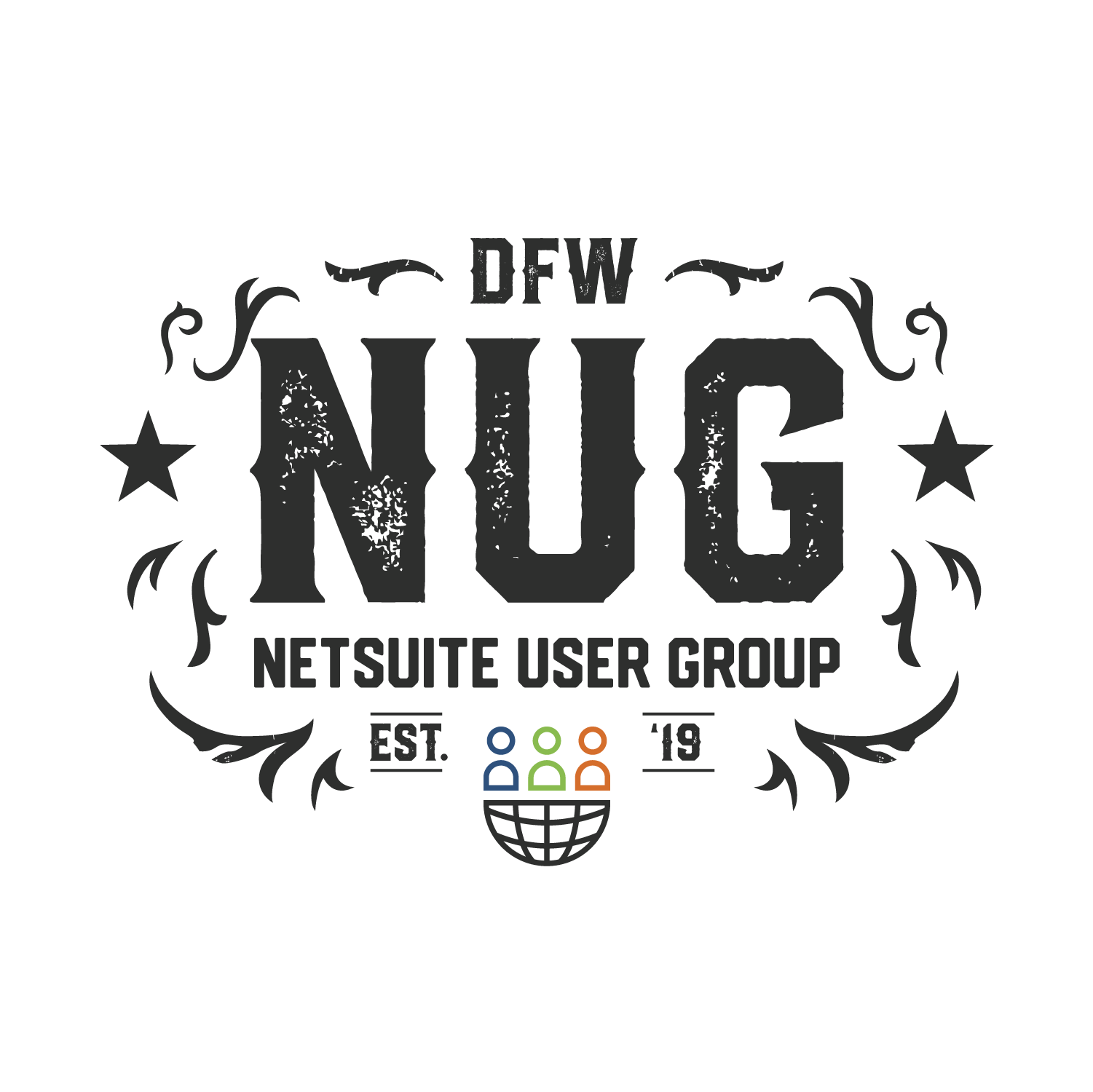Whether you are new to the world of cloud computing or researching cloud solutions for your organization, chances are you have run into several acronyms and technical terms when learning about the cloud. People often complain about “technical jargon” but new terminology is simply a necessary evil when it comes to advancements in the IT field. Today we have a very condensed cloud glossary to share with our readers that includes the popular cloud terms. Bookmark this page as it will be a great reference when you are sifting through information and documents in your cloud discovery journey.
Cloud Computing - Cloud computing is essentially the practice of using a network of remote servers hosted on the Internet to store, manage, and process data, rather than a local server or a personal computer. These services can be scaled up and down to meet a customer's variable operational needs, ensuring maximum cost efficiency.
Within the realm of cloud computing, there are three primary cloud service delivery models:
Saas (Software as a service) - Software as a service refers to software or applications that are accessed over the Internet, typically from a public cloud, multi-tenancy* environment. Unlike desktop applications, Saas apps require no installation as they connect via the Internet. NetSuite is a popular Saas example.
*Multi Tenant - A form of Software as a service platform whereby there is only a single-instance of the application that is deployed to all users. The service provider controls all configuration and changes with little or no customization available. Typically, this is a one-size-fits-all approach that is more suited to simple applications.
Iaas (Infrastructure as a service) - Infrastructure as a service delivers computing infrastructure – such as CPU, RAM, storage and processors as virtual servers, along with networking capabilities – to provide a hosted data center on demand upon which businesses can run their applications. This is computing as a service, rather than businesses having to purchase and manage their own expensive infrastructure. As with most cloud services it can be scaled up and down and customers typically only pay for what they consume.
Paas (Platform as a service) - Paas refers to the environment within which developers can build and launch new applications. Platform as a service is the delivery of a computing platform and solution stack as a service.
Public cloud - a style of computing where scalable and elastic IT-enabled capabilities are provided as a service to external customers using Internet technologies—i.e., public cloud computing uses cloud computing technologies to support customers that are external to the provider’s organization. Using public cloud services generates the types of economies of scale and sharing of resources that can reduce costs and increase choices of technologies.
Private cloud - Private clouds are intended to be restricted to a single customer or trusted community. These are popular among organizations looking to access the benefits of cloud computing but retain higher control and flexibility of configuration compared with a public cloud. Private clouds can be run inside a company data center or hosted by a third party. This is an ideal solution where data independence is a key issue.
Hybrid cloud - A hybrid cloud, as the name implies, is a cloud capability that joins either on-premise infrastructure to private or public clouds, or clouds to each other, to provide a customer with a customized environment to meet their specific operational needs.
While there are several other terms to know that are related to cloud computing, this list covers the basics and will give you the knowledge to understand and digest most of the cloud computing information you come across. Still have questions? The Vested Group is here to help! Schedule a demo with one of our offices in Tampa, FL or Dallas, TX and we will help guide your organization through a transition to cloud computing.





